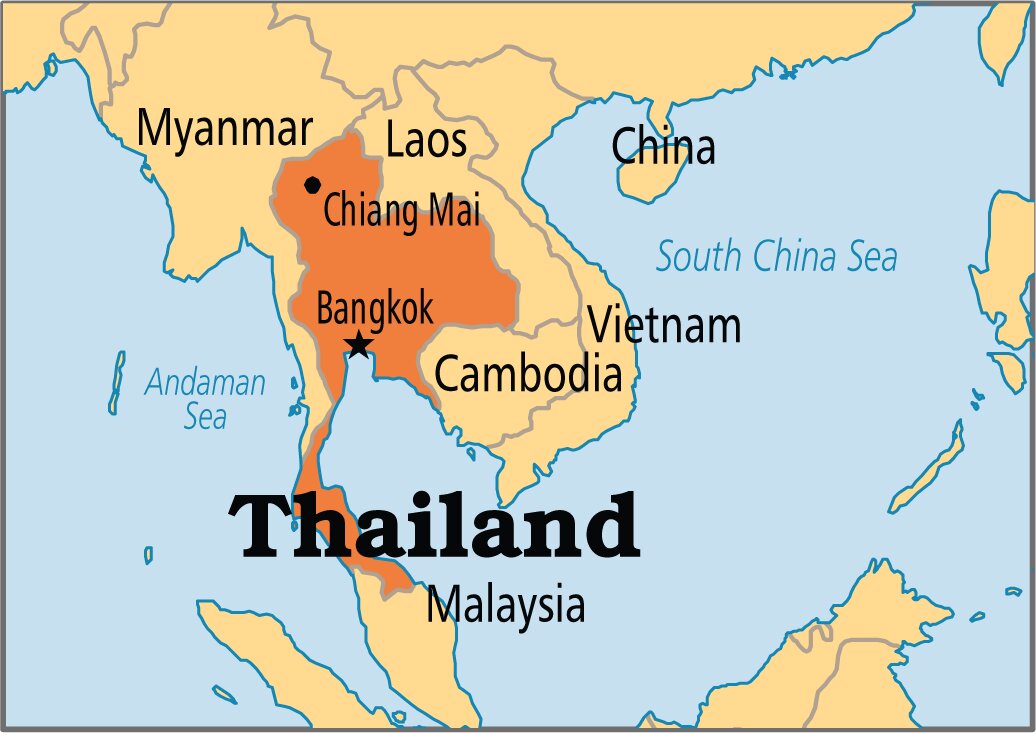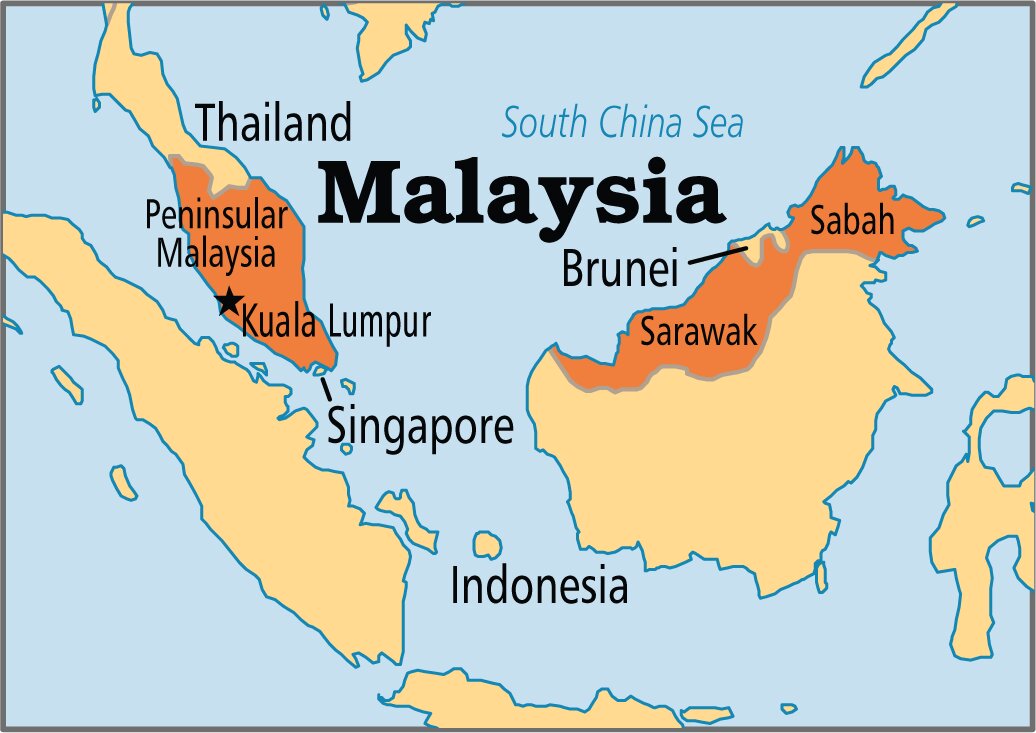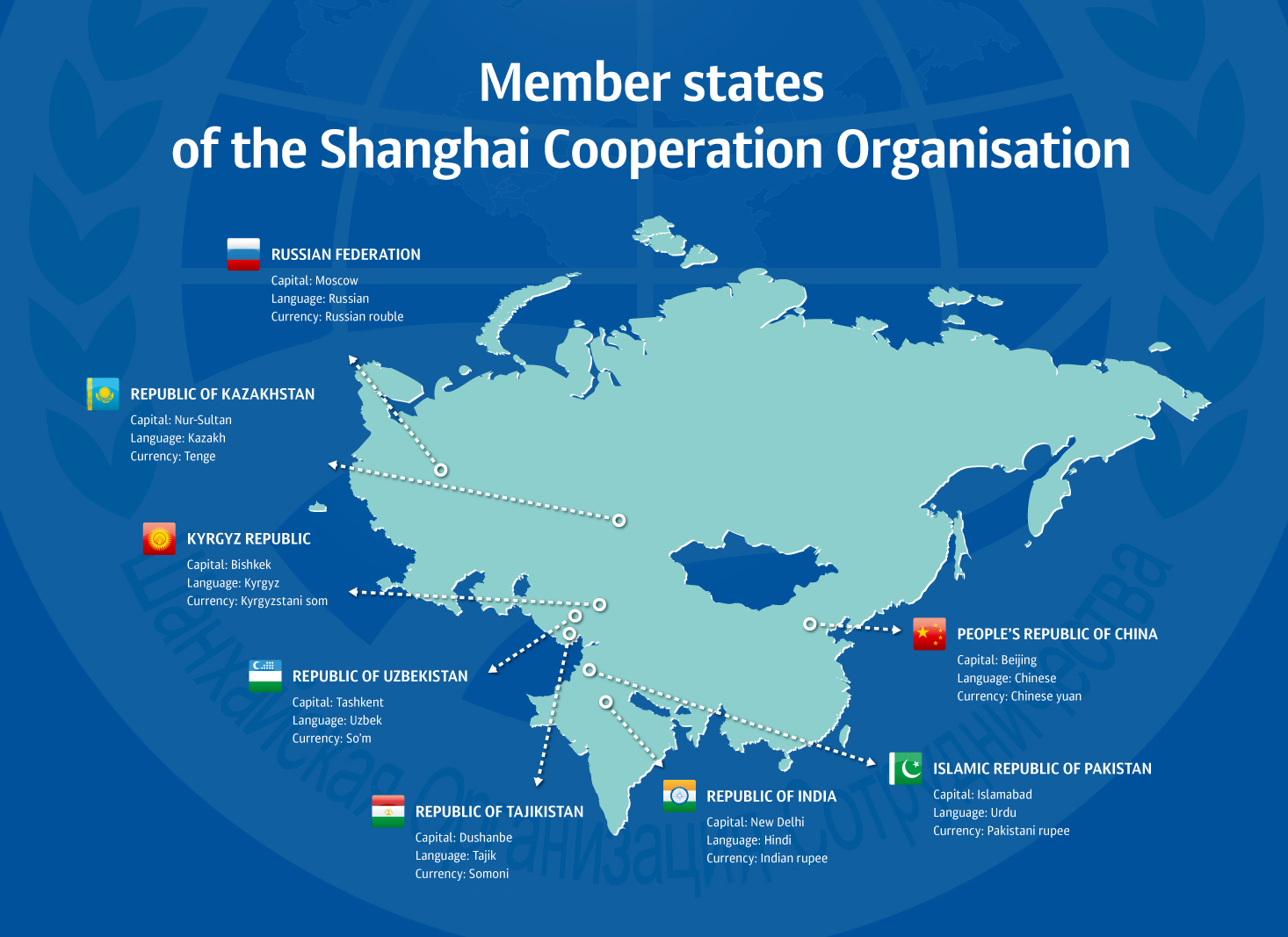Military Medicine Conference
India is hosting the first conference of Armed Forces Medical Services (AFMS) of Shanghai Cooperation Organisation (SCO) in New Delhi from 12th-13th September 2019.
- Also, this is the first military cooperation event, being hosted by India, after it joined SCO in June 2017.
- The conference has been organised by the Indian Armed Forces supported by Headquarters Integrated Defence Staff (HQ IDS).
- The primary objectives of the conference are to share best practices in the field of military medicine, build capacities and overcome common challenges.
- Deliberations are taking place between military medicine experts of SCO Member States on rendering of combat medical support, humanitarian assistance during disasters and measures to improve patient safety.
- The Defence Minister of India has called upon the Armed Forces Medical Services (AFMS) of SCO countries to devise ways to effectively deal with new threats posed to soldiers by the ever-advancing battlefield technology.
- In India, the Directorate General Armed Forces Medical Services (DGAFMS) is an apex organization which coordinates the medical services of the Army, Navy and Air Force.
- It is under the Ministry of Defence, headed by a Lieutenant General (Lt Gen)/equivalent officer of Navy or Air Force.
- The conference gains importance in the background of building capabilities to deal with the menace of bioterrorism, a real threat the world is facing today.
- The Regional Anti-Terrorist Structure (RATS) is a permanent organ of the SCO which serves to promote cooperation of member states against the three evils of terrorism, separatism and extremism. It is headquartered in Tashkent, Uzbekistan.
Bio-terrorism
- A biological attack or bioterrorism is the intentional release of viruses, bacteria, or other germs that can sicken or kill people, livestock, or crops.
- Bacillus anthracis, the bacteria that causes anthrax, is one of the most likely agents to be used in a biological attack.
- In the Indian context, with the existence of hostile neighbours like Pakistan, the threat of biological warfare cannot be ruled out entirely.
India’s Preparedness
- Several nodal ministries have been earmarked for dealing with epidemics caused by bioterrorism.
- Early Detection: The Ministry of Health and Family Welfare is tasked with providing directions and technical support for capacity building, surveillance and early detection of an outbreak.
- Assessment of Threat: The Ministry of Home Affairs (MHA) is responsible for the assessment of the threat, intelligence inputs and implementation of preventive mechanisms.
- National Disaster Response Force (NDRF) is a specialised force constituted under MHA to deal with chemical, biological, radiological and nuclear (CBRN) attacks.
- Biowarfare: The Ministry of Defence (MoD) is responsible for managing the matters and consequences of biowarfare.
- The Defence R&D Organization (DRDO) is actively pitched into developing protective systems and equipment for troops to contend against nuclear, biological and chemical warfare.
- India has ratified the Biological Weapons Convention (BWC), which effectively prohibits the development, production, acquisition, transfer, stockpiling and use of biological and toxin weapons and is a key element in the international community’s efforts to address the proliferation of weapons of mass destruction.
- India is one of the participants in the Australia Group, an informal arrangement which aims to allow exporting or transshipping countries to minimise the risk of assisting chemical and biological weapon (CBW) proliferation.
Pradhan Mantri Kisan Maan Dhan Yojana
The Prime Minister recently launched the Pradhan Mantri Kisan Maan-Dhan Yojana, & National Pension Scheme for the Traders and the Self-Employed, at an event in Ranchi.
- The Pradhan Mantri Kisan Maan-Dhan Yojana (PM-KMY) aims to secure the lives of 5 crore small and marginal farmers by providing them a minimum pension of ₹3000 per month, who attains the age of 60 years.
- Eligibility: All small and marginal farmers (who own cultivable land up to 2 hectares) as per the land records of the concerned State/UT and are between 18 and 40 years of age are eligible under this scheme..
- Contributions: Under PM-KMY, monthly contributions by a farmer can be made from the instalments of Pradhan Mantri-Kisan Samman Nidhi (PM-KISAN) or through Common Service Centres (CSCs).
Common Service Centres (CSCs)
- The CSC is a strategic cornerstone of the National e-Governance Plan (NeGP), approved by the Government of India in May 2006, as part of its commitment in the National Common Minimum Programme to introduce e-governance on a massive scale.
- The objective of CSCs is to provide high quality and cost-effective video, voice and data content and services, in the areas of e-governance, education, health, telemedicine, entertainment as well as other private services.
- A highlight of the CSCs is that it offers web-enabled e-governance services in rural areas, including application forms, certificates, and utility payments such as electricity, telephone and water bills.
- The National Pension Scheme for the Traders and the Self-Employed aims at providing a minimum assured pension of ₹ 3000 per month, to small traders and self-employed individuals after they attain the age of 60 years.
- Around 3 crore small traders would be benefitted from this scheme.
- Traders and self-employed persons in the age group of 18-40 years are eligible to join the scheme.
- The monthly contribution under the scheme is of ₹ 55 to ₹ 200, depending on the age of the applicant.
- The self-employed shop owners, retail owners and other traders having an annual turnover of less than ₹ 1.5 crores will only be able to join the scheme.
- Any person making a contribution to Employees’ Provident Fund Organisation (EPFO), Employees' State Insurance Corporation (ESIC), National Pension System (NPS), Pradhan Mantri Shram Yogi Maan-dhan (PM-SYM), and/or paying income tax is not eligible for the scheme.
Employees’ Provident Fund Organisation (EPFO)
- It is a government organization that manages the provident fund and pension accounts of member employees and implements the Employees’ Provident Fund and Miscellaneous Provisions Act, 1952.
- The Employees’ Provident Fund and Miscellaneous Provisions Act, 1952 provides for the institution of provident funds for employees in factories and other establishments.
- It is administered by the Ministry of Labour & Employment, Government of India.
- It is one of the World's largest Social Security Organisations in terms of its customer base and the volume of financial transactions undertaken.
Employees' State Insurance Corporation (ESIC)
- It is a government organization formed under the provisions of Employees' State Insurance Act, 1948.
- It looks at providing social security benefits to the workers registered under the Employee State Insurance Scheme.
- It is administered by the Ministry of Labour & Employment, Government of India.
- The Prime Minister also launched 462 Ekalavya model residential schools across the country in tribal-dominated areas.
- The schools would focus to provide quality upper primary, secondary and senior secondary level education to Scheduled Tribe students in these areas.
Global Antimicrobial Resistance Research and Development Hub
Recently, India has joined the Global Antimicrobial Resistance (AMR) Research and Development (R&D) Hub as a new member.
- Working with AMR(R&D) Hub would help India to expand existing capabilities, resources and collectively focus on new R&D intervention to address drug-resistant infections present in the country.
- Global Antimicrobial Resistance (AMR) Research and Development (R&D) Hub is a collaboration of 16 countries, the European Commission, two philanthropic foundations and four international organizations (as observers).
- It was launched in 2018 during the 71st session of the World Health Assembly, following a call from G20 Leaders in 2017.
- It is supported through a Secretariat, established in Berlin, Germany.
- It aims to further improve the coordination of international efforts and initiatives to tackle Antimicrobial Resistance while further increasing investments into R&D for AMR.
- The work of the Global AMR R&D Hub will be aligned to the priorities set by
- It enforces the One Health Approach by including environmental aspects and veterinary medicine against antimicrobial resistance.
- It integrates human and animal health, worldwide food safety and environmental factors.
K2-18b: Potentially Habitable Planet
Scientists have found signatures of water vapour in the atmosphere of K2-18b.
- K2-18b is the only planet orbiting a star outside the Solar System (exoplanet) that is known to have both water and temperatures that could support life.
- However, K2-18b’s size and surface gravity are much larger than Earth’s. Its radiation environment, too, maybe hostile.
- K2-18b orbits the cool dwarf star K2-18, which is about 110 light-years from Earth in the Leo constellation.
- It is eight times the mass of Earth. It was discovered in 2015 by NASA’s Kepler spacecraft.
- It resides in a habitable zone or Goldilocks zone, the area around a star where it is not too hot and not too cold for liquid water to exist on the surface of surrounding planets.
- The size of the habitable zone clearly depends on the luminosity of the star, which determines the equilibrium temperature of the planet.
- For low-mass, cool stars, the region is closer to the star, and for higher mass, hotter stars, the region is more distant from the star.
Exercise MAITREE
Indian Army and Royal Thailand Army (RTA) will conduct their joint Military Exercise MAITREE-2019 at Meghalaya from Sept 16-29, 2019.
- Exercise MAITREE is an annual training event that is conducted in India and Thailand alternatively, since 2006.

- In the backdrop of changing facets of global terrorism, this exercise is a significant exercise for both the nations as they face the security challenges from terrorism.
- The Southern regions of Thailand (eg. Satun city, Patthalung province, Bangkok, etc) that are mostly visited by foreigners are prone to terrorist attacks.
- The scope of this exercise covers company level joint training on insurgency & counter-terrorism operations in jungles and urban scenarios.
- The joint military exercise between the Indian Army (IA) and the Royal Thailand Army (RTA) will give a boost to the defence cooperation and bilateral relations between the two nations.
- The Royal Thailand Navy and the Indian Navy have been participating in Coordinated Patrols (CORPATs) in the Indian Ocean region since 2005.
| Joint Military Exercises of India with Other Countries | |
| Name of Exercise | Country |
| Garuda Shakti | Indonesia |
| Ekuverin | Maldives |
| Hand-in-Hand | China |
| Kurukshetra | Singapore |
| Mitra Shakti | Sri Lanka |
| Nomadic Elephant | Mongolia |
| Shakti | France |
| Surya Kiran | Nepal |
| Yudh Abhyas | USA |
Samudra Laksamana
The Indian Navy and the Royal Malaysian Navy will be participating in the bilateral exercise ‘Samudra Laksamana’ that will take place from 12th to 15th September 2019.
- The exercise includes two phases:

- A harbour phase wherein professional interactions, official calls, social engagements, visits by the local populace and various sports events would be conducted.
- The Sea Phase of the exercise would enable the two navies to further sharpen their skills in order to enhance interoperability between the navies to ensure peaceful and secure seas for all.
- From the Indian side, Indian Navy Ships Sahyadri and Kiltan will participate in the exercise.
- The visit of the IN ships would further bolster the strong bonds of friendship between the two countries and contribute to the security and stability in the region.
INS Sahyadri and Kiltan
- The ships are part of the Indian Navy's Eastern Naval Command, based at Visakhapatnam.
- INS Sahyadri is a Shivalik-class multi-role guided missile stealth frigate.
- INS Kiltan is a Kamorta-class anti-submarine warfare corvette.
- INS Sahyadri and Kiltan, are the latest, indigenously designed and built multi-role ships of the Indian Navy.
- The two ships are equipped with a versatile array of weapons and sensors and can carry multi-role helicopters representing the ‘coming of age’ of India’s warship building capabilities.
NATGRID to Link Social Media Accounts to Central Database
Recently, National Intelligence Grid (NATGRID) has proposed to link social media accounts to central databases.
- Linking social media accounts will help to track online terror-related information exchange through individual accounts, online Radicalisation across the country.
- But at the same time linking the social media accounts to sensitive government data could expose the system to “Trojan Attacks.”
National Intelligence Grid (NATGRID)
- NATGRID is the integrated intelligence grid connecting databases of core security agencies of the Government of India.
- NATGRID is intending to set up an Entity Extraction, Visualization, and Analytics (EVA) system.
- It was first proposed in the aftermath of the terrorist attacks on Mumbai in 2008.
- It is a counter-terrorism measure that collects and collates a host of information from government databases including:
- Tax and Bank account details,
- Credit card transactions,
- Visa and Immigration records,
- Itineraries of Rail and Air travel.
- The combined data from NATGRID will be made available to 10 Central Intelligence Agencies.
- NATGRID faced opposition on charges of possible violations of privacy and leakage of confidential personal information.
Trojan Attacks
- Trojans are non-replication programs
- It operates without the permission or knowledge of computer users.
- Trojans infect outside machines only with the assistance of a computer user, like clicking a file that comes attached with an email from an unknown person, plugging USB without scanning, opening unsafe URLs.

